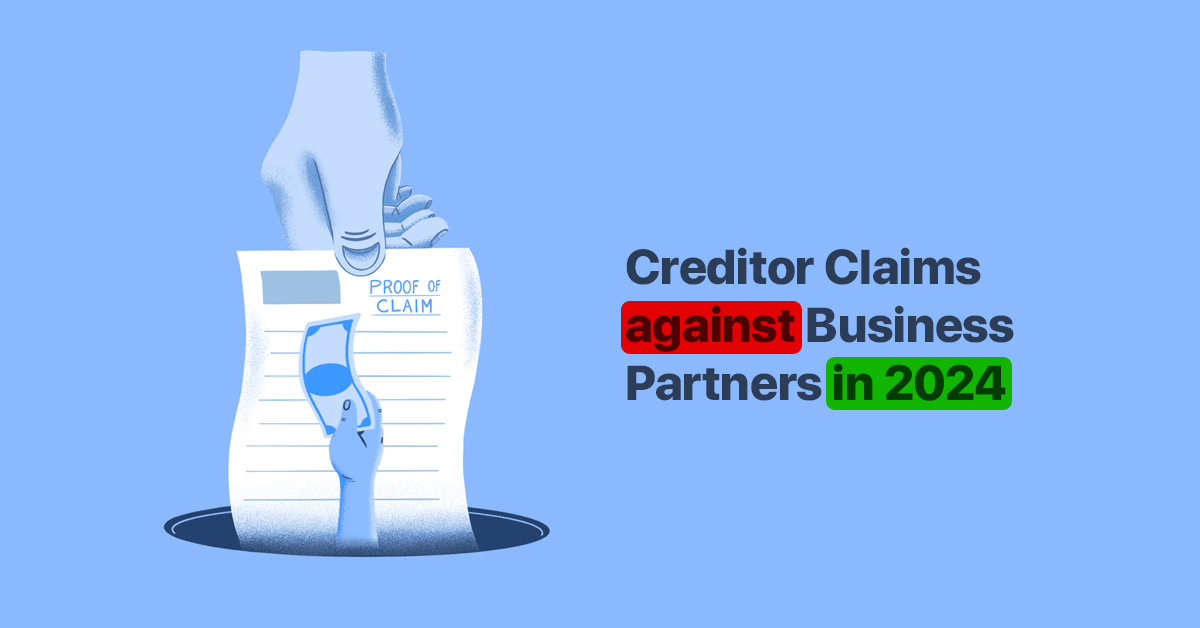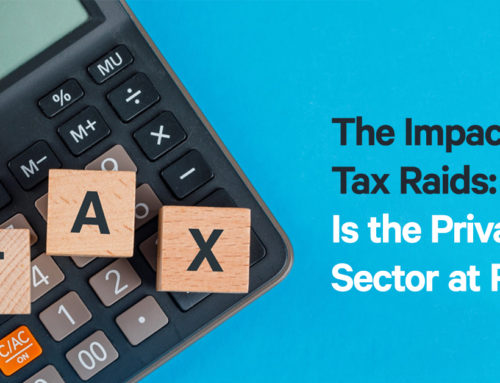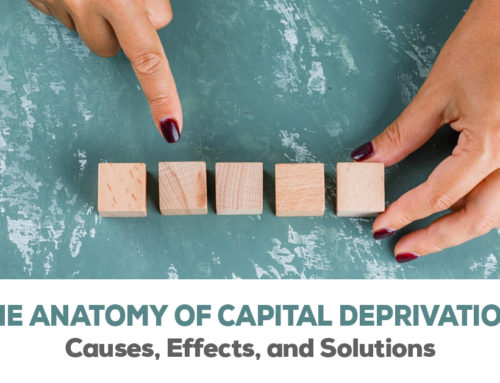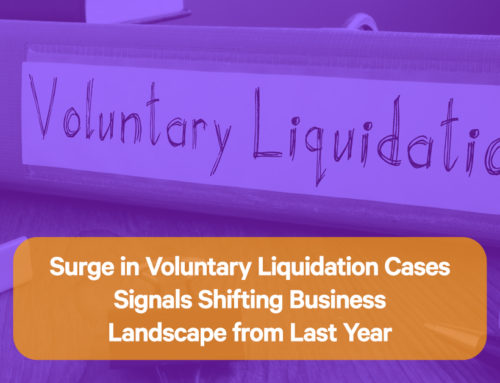In the complex system of insolvency, creditor claims against business partners are becoming increasingly relevant in 2024. As business conditions and economic pressures change, creditors need to know their rights and the options they have when making claims against business partners. This blog aims to provide a comprehensive guide on dealing with creditor claims effectively, offering insights into legal processes, strategic approaches, and practical steps to enhance the chances of a successful resolution.
Understanding creditor claims
Creditor claims are actions taken by creditors to recover debts owed to them by a debtor, which, in this case, is a business partner. These claims can arise from various situations, including breaches of contract, unpaid invoices, or other financial obligations. Each scenario involves distinct legal considerations and requirements.
Understanding the basis for these claims and the legal framework surrounding them is important for creditors seeking compensation. Proper knowledge and adherence to legal protocols can significantly influence the outcome and efficiency of the claims process, ensuring creditors maximise their recovery efforts.
The legal framework in the UK
In the UK, creditor claims against business partners are governed by a combination of common law principles and statutory provisions. The primary sources of law include the Insolvency Act 1986 – which outlines insolvency procedures, the Companies Act 2006 – which addresses corporate governance, and various regulations governing insolvency and business practices. These legal frameworks collectively provide a structured approach to resolving disputes and recovering debts.
Insolvency Act 1986
The Insolvency Act 1986 is a key piece of legislation that outlines the procedures for insolvency, including how creditors can pursue claims. It provides for different types of insolvency processes, such as administration, liquidation, and bankruptcy, each with specific procedures for creditors to follow.
Companies Act 2006
The Companies Act 2006 plays a significant role in regulating company law and addresses issues related to director duties, company administration, and financial transparency. This Act ensures that companies comply with financial obligations and provides mechanisms for creditors to address breaches.
Types of creditor claims
Creditor claims can be categorised into several types, each with its own procedures and implications. Understanding these types can help creditors determine the most effective approach for their specific situation.
-
Contractual claims
Contractual claims arise when a business partner fails to meet the terms of an agreement. This could include unpaid invoices or breach of contract. To pursue a contractual claim, creditors must prove that a valid contract existed and the terms were not fulfilled.
-
Statutory demands
A statutory demand is a formal request for payment issued under the Insolvency Act 1986. If a business partner fails to respond or settle within 21 days, creditors may proceed with insolvency proceedings, such as winding-up petitions.
-
Unsecured and secured Claims
Creditors can also have unsecured or secured claims. Unsecured claims are those without collateral, whereas secured claims are backed by assets. Secured creditors have priority over unsecured creditors in insolvency proceedings, making it essential for creditors to understand their status.
The process for filing a claim
Filing a claim against a business partner involves several key steps, each important for making sure the claim is processed efficiently and effectively.
- Gathering evidence
The first step in filing a claim is to gather all relevant evidence. This includes contracts, invoices, correspondence, and any documentation that supports the claim. Comprehensive evidence is key for substantiating the claim and demonstrating the validity of the debt.
-
Issuing a claim
Once evidence is gathered, the next step is to issue a claim. This involves preparing and submitting a formal claim to the relevant court or insolvency practitioner. The process varies depending on whether the claim is being pursued in civil court or as part of an insolvency procedure.
-
Pursuing legal action
If the business partner doesn’t settle the claim voluntarily legal action may be necessary. This could involve seeking a court order for payment or pursuing insolvency proceedings such as a winding-up petition or bankruptcy petition. Legal advice is essential at this stage to make sure the correct procedures are followed.
Strategies for success
Successful creditor claims require careful planning and strategic approaches. To achieve the best possible outcome, it’s important to implement well-thought-out strategies and consider all available options. Here are some effective strategies to enhance the chances of a favourable resolution and maximise debt recovery:
-
Negotiation and settlement
Before resorting to legal action, creditors should consider negotiating a settlement with the business partner. This approach can save time and costs associated with legal proceedings. Mediation or arbitration can also be effective in reaching an amicable resolution.
-
Professional advice
Seeking professional advice from insolvency practitioners or legal experts is key. They can provide guidance on the most appropriate actions to take, help prepare documentation, and represent creditors in legal proceedings.
-
Timeliness
Timeliness is important when pursuing creditor claims. Delays can impact the ability to recover debts, especially in insolvency situations where assets are to be distributed among creditors. Acting promptly can make sure claims are addressed before assets are depleted.
Key takeaways
Creditor claims against business partners in 2024 require a thorough understanding of legal frameworks, processes, and strategic approaches. By carefully gathering evidence, issuing formal claims, and pursuing appropriate legal action creditors can significantly enhance their chances of recovering debts.
Consulting with professionals who offer specialised advice and representation is important, as they can provide insights into the most effective strategies. Acting quickly and adhering to expert recommendations are key steps in handling these complex situations effectively. This means that creditors’ interests are not only protected but maximised, facilitating a more efficient resolution to their claims.
Ask an expert
For further help with creditor claims or insolvency matters, don’t hesitate to reach out. Our team of experts is ready to provide tailored advice and practical support to address your specific situation. Call us on 0800 246 1845 or email us at mail@leading.uk.com for professional guidance. We’re here to help you navigate complex issues with confidence and clarity.






